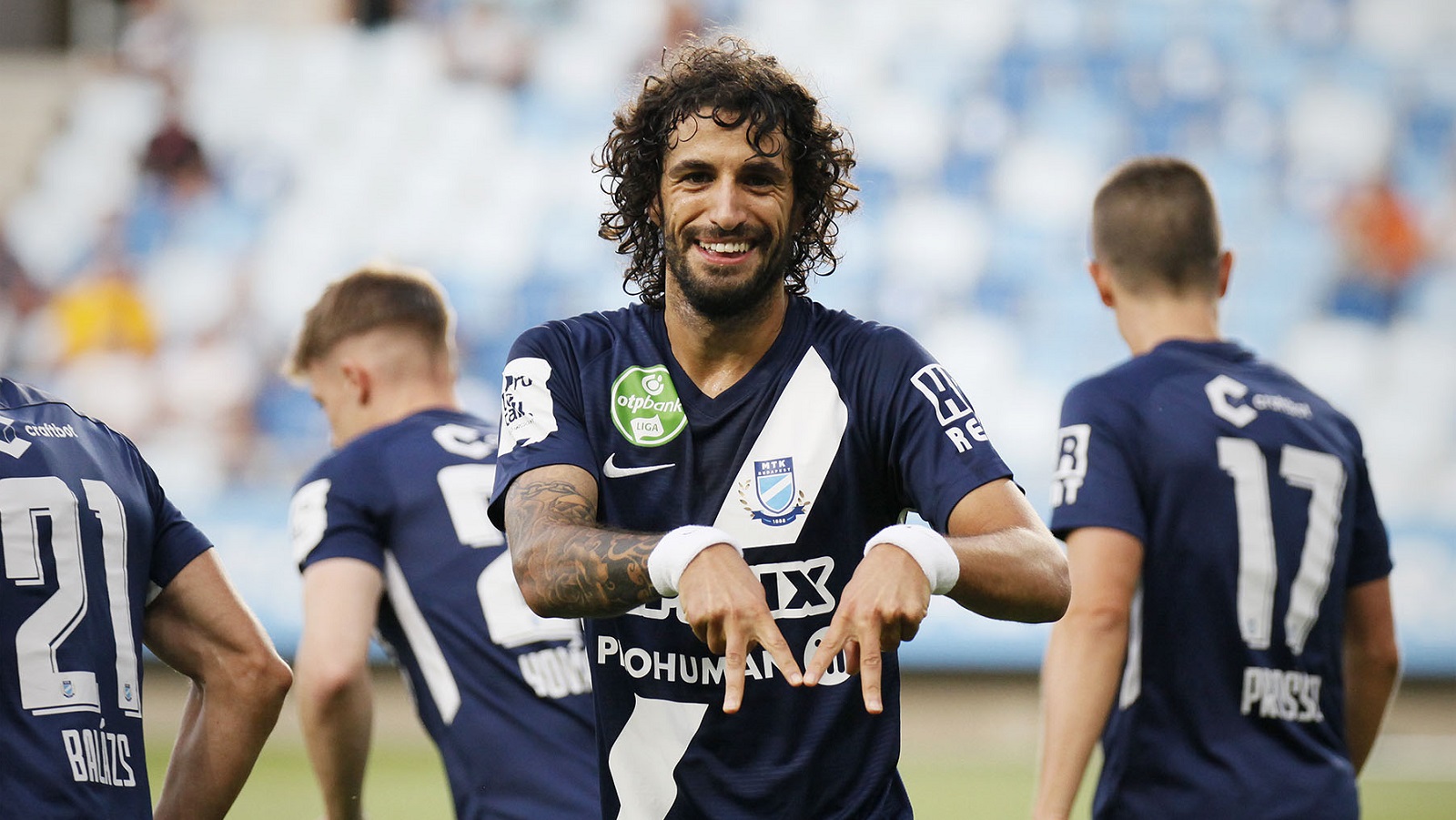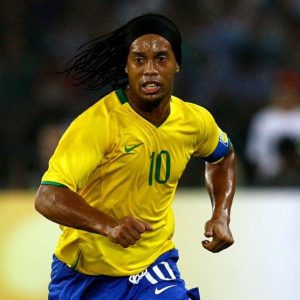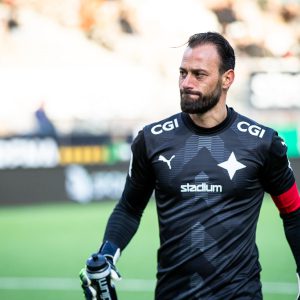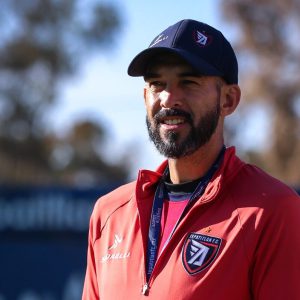

Tiago Ferreira: “In football, you cannot take anything for granted”
Photo credits: MTK Budapest
The Portuguese centre back Tiago Ferreira has represented the Portugal national team – from the U15 to U21 – and clubs such as FC Porto, Zulte Waregem, União da Madeira, CS Universitatea Craiova, and MTK Budapest throughout his career. Currently waiting for an opportunity to return to the pitch, the 28-year-old player has accepted our invitation for an informal conversation in which he revisits his entire journey straightforwardly.
First steps and formative process in football
“I started at FC Infesta, moved to Boavista FC, and was there for five years before joining FC Porto. It was good to start a little lower to get through some hardships. This journey helped me appreciate things and always remember where I came from”.
The “Portuguese Puyol” nickname
“I think it was because of the hair. Our style was a bit different. That was never a situation that bothered me, but I did not like it either because I just wanted to be Tiago. It was a joke, and people also called me other funny names”.
Regular caps in the Portugal national youth teams
“Playing for the national team is the highest point of a career [for any athlete], even if it is on the youth teams. I went through all the levels, from U15 to U21. When playing for the Portugal national team in major European and world competitions, the responsibility was greater, and it was always a motive of pride. Today I see fantastic players from that period, and I can proudly say that I played with them”.
Senior debut at FC Porto B
“A youth team player from a big club is used to easy matches. We had several 5-0, 6-0, or 4-1 wins, in which defenders practically play in midfield and only attack. When you are up against more experienced and faster players, and sneaky teams, the transition is not easy. Some players feel this obstacle, some more than others. Rúben Dias, for example, has played in the B team [of SL Benfica] for some time. It is more difficult for a defender to make this direct transition because there is a considerable gap between the level of youth and senior football”.
Lack of opportunities
“FC Porto had just won the Europa League [in the 2010-2011 season] and had impressive players. Sérgio Oliveira, at the time, had no chance of playing and had to be loaned. He managed to get a spot on the squad only after a few years. At a financial level, FC Porto was healthier than nowadays. It also pushed the club to look inwards. I did not have that opportunity, but it depended on me, too. I could get there and not respond”.
Short adventure in Belgium
“I started the pre-season [2014-2015] with the first team of FC Porto, with Julen Lopetegui. Interestingly, he had recommended me to a Spanish club on loan and mentioned he liked to follow me there so that I could return to FC Porto in the future. Zulte Waregem wanted to buy me, and everything happened very quickly. I got there when the team was already quite advanced [in terms of preparation for the season], and I was starting the pre-season. I did not play badly, but I did not play well either. The coach [Francky Dury] was practically the president of the club. He had been there for over 20 years and was the one who decided everything. I had a discussion with him that was not favorable to me, and it is something I regret a lot because it was my fault. It was a year in which I had almost no minutes. I had the chance to play in a qualifying match for Europa League, which was good, but it taught me that I should not have done what I did”.
Surprising relegation of União da Madeira
“Even today, I cannot understand what happened [in that 2015-2016 season]. One of our sins was taking our spot in the first division for granted too soon. In January, we had more than 20 points, we were just three points away from the Europa League spots, and we ended up being relegated. In 15 games, we earned 7 points, and it was not enough. In football, you cannot take anything for granted. The team got relaxed and started training worse. The results started to decline, but we thought «we have some margin, and we will make it». The truth is that in the last match, playing at home, we could not avoid it”.
Fruitful experience in Romania
“Sometimes people say a player has to have the right coach, and I think the one at that time [Devis Mangia]. I moved to CS Universitatea Craiova [2017-2018 season] because he also put in a lot of effort. I played against AC Milan for the Europa League and won the Romanian Cup in my first year. In the second, we lost in the semi-finals, but we always fought until the end. I think he was a coach who managed to get the best out of me, but in the second year of União da Madeira, I also performed at a good level.”
Departure from MTK Budapest
“My first few months in the first season [2020-2021] were good. We finished December in third place, were doing well, and fighting for the Europa League. Then I had COVID-19 and pneumonia, stayed home for five weeks, and restarted training very slowly. I lost two months and spent a whole month, in March, recovering physically. I ended up playing the last two games in April and May, and we finished the season mid-table. The COVID-19 issue took me out of several matches, but I was one of the team’s highlights. In this second year [2021-2022 season], with Giovanni Costantino, things were normal. I was playing, and we were mid-table – not as well as last year, but still within our overall objectives. Nevertheless, the club decided to fire the coach. We had three or four games with an interim coach, and things did not go well. A new coach arrived, and then the club and I decided to go separate ways. MTK Budapest, especially this year, did not show a bit of ambition to win something. There was a game for the Hungarian Cup in which nine players were changed from the starting 11, and we lost the match against Kisvárda FC (…)”.
Main distinctive features between championships
“There are not many convergent points between them. The Hungarian and Belgian championships are very physical. They take the game to a more Germanic dimension and follow that regime of speed, intensity, and constant pressure. The Romanian is a bit more Latin, and the training sessions are more focused on technical and tactical aspects.”
Future career plans
“A person has to be always open to everything. I am 28 years old now: I am not young, nor old. Let us see what can happen”.
Categories
Latest Courses
-
9 Lessons
-
1 Lesson
-
6 Lessons
You May Also Like
- Blog
- August 1, 2022
- Blog
- June 3, 2022
- Blog
- May 27, 2022
Developed by Brandit Digital Media Services.





